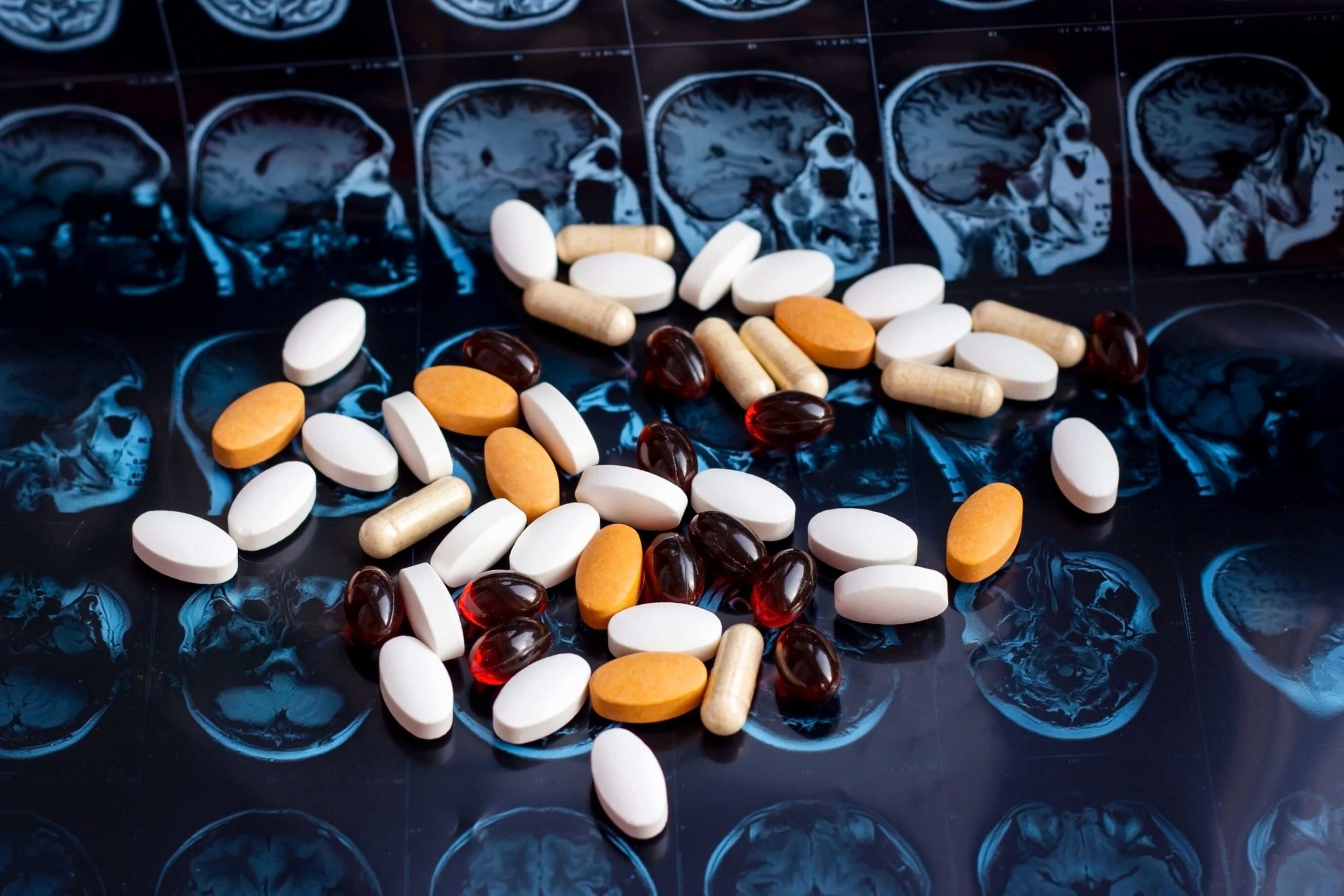Drug abuse can have serious effects on the human body. Short-term effects range from appetite changes to heart attacks to overdose. Long-term use can lead to addiction, cancer, or hepatitis, among others. But how do drugs impact the human brain? While some repercussions can depend on the type of drug, there are some common problems that impact the brain due to long-term drug abuse.
How the Human Brain Sends Messages
The brain is more complex than any other system in the body. The brain is essential for all the activities that we do, from breathing to speaking. Brains are often compared to computers, with neurons, the billions of cells within the brain, likened to silicon chips. The brain’s neurons are organized in networks that work together to control the flow of information throughout the body.
This flow of information occurs when neurons in the brain release a neurotransmitter, or messenger chemical. This chemical is sent to the synapse, a gap between the next cell or neuron. The neurotransmitter then attaches to the receiving neuron, changing that cell. Once the message reaches its destination, transporters recycle the neurotransmitter to its original neuron. This shuts down the message and prepares the brain to send out more messages.
How Drugs Interfere with the Brain
Drugs interrupt the process which the brain uses to communicate with other parts of the body. For instance, marijuana and heroin mimic some naturally occurring neurotransmitters, causing certain neurons to be activated in a different way than they are naturally. The result is that the brain sends abnormal messages out to the body. Other drugs may interfere with the way the body receives or processes neurotransmitters.
In another case, cocaine and amphetamines obstruct the normal process that controls how neurotransmitters are sent back, or recycled, to their original neurons. These drugs also cause neurons to release very large amounts of natural neurotransmitters, which can disrupt the way the brain communicates with the body.
All of these changes can affect the way we think, act, perceive the world, and control our bodies or mind.
The Role of Dopamine in Addiction
The long-term impact of drugs on our brain is often connected to a specific neurotransmitter: dopamine. The brain naturally makes dopamine, a “feel good” chemical that is released when humans experience pleasure. Getting high from an artificial drug causes the brain to release a large amount of dopamine, typically much larger than what the brain can create naturally. This surge in “feel good” chemicals is what helps lead to addiction.
Over time, the body requires more and more of a drug to create the same level of dopamine release, or the same “high.” This causes a cycle of increased demand for the drug, increased usage of the drug, and increased dependence on the drug. Prolonged drug use also inhibits the body’s ability to naturally make dopamine. This means that eventually, the only way for an individual to experience pleasure is by taking the drug.
Long-Term Effects of Drug Use On the Brain
Both illegal drugs and prescription drugs, when abused, can result in damage to the brain. Research has shown, for instance, that the brains of heroin and methadone users were up to three times more likely to have brain damage than non-drug users.
Even though researchers were studying the brains of young people — on average just 26 years old — their brains showed damage like that seen with Alzheimer’s disease.
Chronic drug abuse can result in long-term changes to brain function. Potential issues include:
- traumatic brain injury
- headaches
- various neurological and cognitive complications
- loss of gray matter
- reduced hippocampal volume
- enlarged cerebral ventricles, or the network that connects the regions of the brain together
Other potential brain-related issues that can come from substance abuse include:
- Anhedonia, or the inability to experience pleasure
- Hallucinogen-persisting perception disorder (HPPD), which is characterized by flashbacks and chronic or recurrent perceptual symptoms
- Hypoxic brain injury, or the shortage of oxygen delivery to the brain that leads to long-lasting or even permanent damage. This type of brain injury can lead to short-term memory loss, stroke, mental disorientation, loss of body movement, changes in gait, incontinence, temporary leg paralysis, reduced motor skills, slowed reaction time, seizures, nerve injury and memory impairment
Additionally, withdrawal from some substances can lead to seizures. They could also develop a deadly condition known as status epilepticus, a seizure that lasts more than 5 minutes or a number of seizures occurring in a short period of time.
Can Brain Function Be Restored?
It does appear that some brain damage can be reversed over time, according to the National Institute on Drug Abuse (NIDA). Their researchers study how to counteract the disruptions that happen in the brain due to drugs by looking at important functions of the brain.
It is possible, when certain circumstances are present, for the brain to repair some damage from prolonged drug abuse. Additionally, the brain can use different neural circuits for a function when the original circuits have been disrupted due to drug-induced cell loss. The brain’s complexity and its neuroplasticity give it the potential to adapt to a range of circumstances and stressors that may cause damage.
The hope is that by mobilizing these two aspects of the brain, researchers can find new ways to further combat any long-term negative effects that drugs have on the brain’s function.
At Bridges of Hope, we use a treatment philosophy based on a comprehensive and integrated approach to issues relating to substance use and mental health disorders. Our therapeutically proven, evidence-based clinical practices help us provide superior client care across Indiana.


 Verify Insurance
Verify Insurance
 Toll Free Call
Toll Free Call